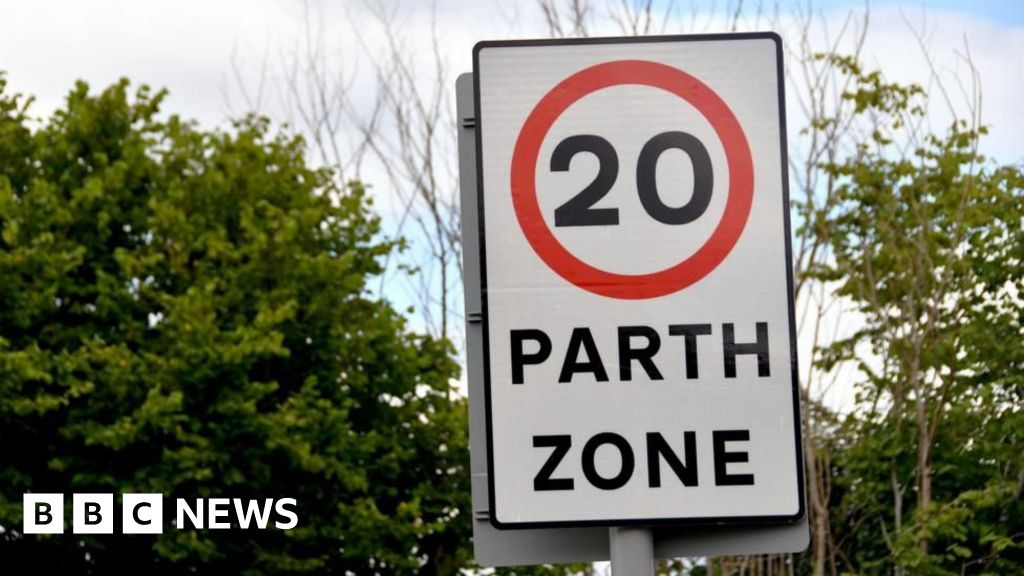Really, you can't undo the transport policy of the last 65 years quickly and painlessly. The almost absolute focus on road transport - this is true, the relative cossetting of the southeast and vanity projects like HS2 notwithstanding - means that outside the largest cities, access to car transport is practically indispensable for most people, for everyday practicalities like getting the kids to school, going to work, shopping etc. Essential facilities have been centralised - remember cottage hospitals? - and public transport, shackled to the profit motive, can't or won't adapt to make access feasible. And that's just essentials. My wife is a member of two orchestras, a choir and a couple of informal chamber groups. The furthest is less than 15 miles away. I just looked up transport times by bus (no other public transport in our district). Google Maps wouldn't even try to compute one of them, another was 1hr 25m away, but no return possible till next day. The return from the others would have dumped her a mile and a half away on unlit roads.
On the other hand, cars don't have to be big or powerful. The teeth- bared SUV is the chariot of choice of many of my neighbours, and parking on roads developed between the 16th and 19th centuries finds it hard to accommodate the ballooning number of Hindenburg- sized vehicles. Even worse, many of the recent oines are electric and smugly holier-than-thou. And the intermittent bus can't get past sometimes. A whacking tax on oversized vehicles would be a start- but remember when Blair chickened out on that one?
Whatever is done (almost certainly nothing good) will necessarily need to involve long- term planning and democratic engagement, and that's right out of fashion.
Just as a glum aside, I see Derbyshire county council (broke) wants to spend 77 million on a new junction off the A50, to serve a new development that's already got a road to it - and even named after that development.
BTW has anyone any idea how that little truck ended up upside down and sideways on a fairly benign level crossing?

